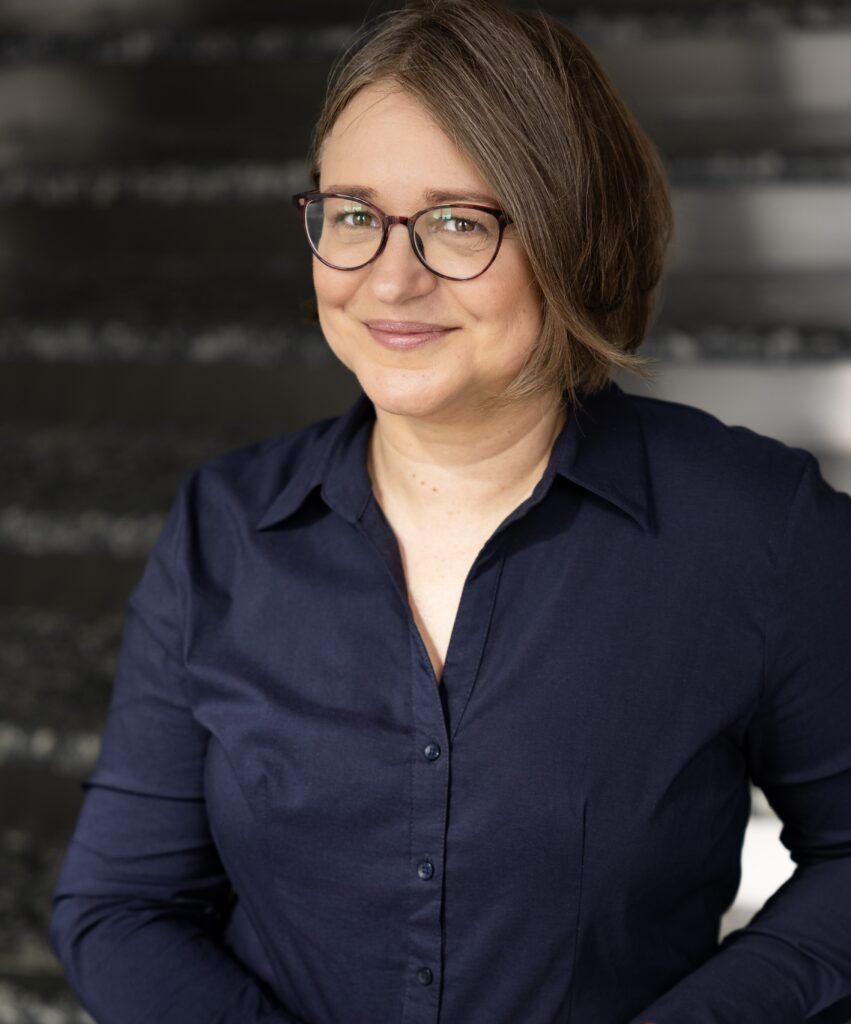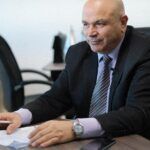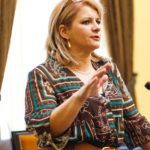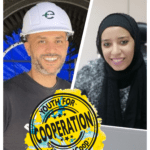Voices from the field
Sigita Baronaite
It will take time to build new, lasting partnerships
TESIM continues its series of interviews with representatives of the ENI CBC programmes to discuss the legacy and lessons learned from their implementation. As part of this series, we have talked with Sigita Baronaite, head of the hosting institution for the JTS of Latvia-Lithuania-Belarus and Lithuania-Russia CBC programmes (formerly head of the Lithuania-Russia CBC programme).
Looking at the current situation, what is the impact of the disruption and of the cancellation of the Interreg NEXT programmes?
The disruption and the consequent cancellation have had an impact at different levels. The first, to be affected were the regions target of the NEXT programmes, whose interested institutions were already discussing future cooperation possibilities with partners from neighbouring countries. Then I would like to mention the people working with the programmes, who understood that the closure process would have been different from the initial planning, and that no new NEXT programme would be finalised. And last but not least, the fact that transferring the ERDF funds to other programmes, created new possibilities in other regions, but also new challenges for the concerned programmes such as carrying new analysis, preparing new amendments, expanding priorities, geography, etc.
How is the process of bringing the programmes to a close going?
The process is smooth despite some struggles related to the submission of final reports and approval of expenditure in one programme. But the team members are motivated and doing their best to help all involved institutions to finalise the reports and getting them approved. The team members of the joint technical secretariats will work until the end of September and will finalise all remaining tasks from their side.
Looking back on the implementation, in which thematic areas would you say the two programmes have achieved the greatest impact in the participating regions?
In the framework of Latvia-Lithuania-Belarus there was a large infrastructure project aimed at improving building of Pabradė Foreigners’ Registration Centre, which assumed a strategical importance in view of the war in Ukraine. The Lithuania-Russia programme’s greatest achievements are in health and cultural heritage fields.
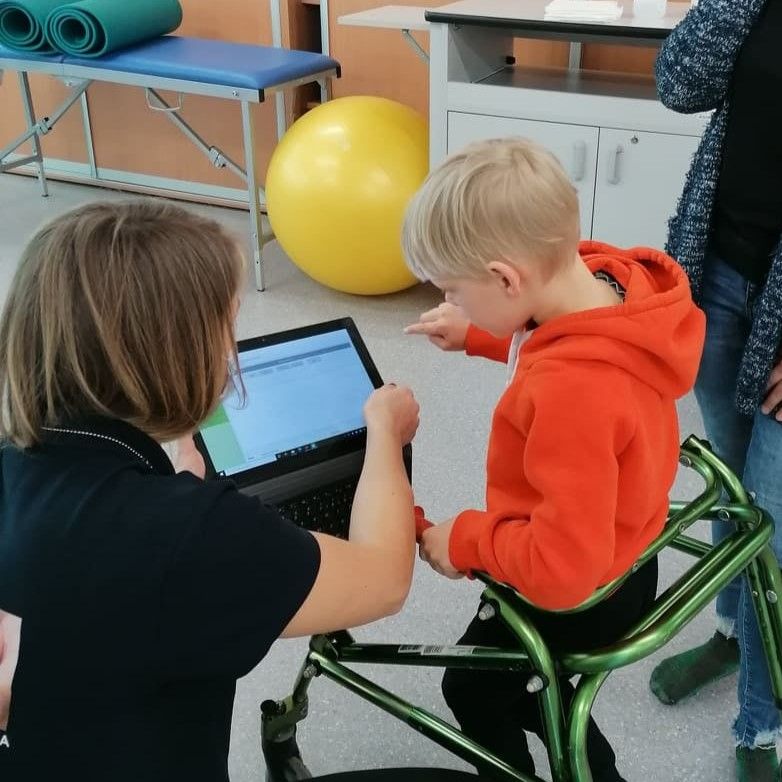 Both programmes have mostly contributed to the increase of access to social, health and other services for vulnerable groups, they have enhanced the capacities of tackling common challenges in border regions, they have increased border security and have improved the handling of migration related issues. One of the most covered topics of cooperations was in the field of cultural and historical heritage, as the regions have a large number of natural and historical sites, which were restored and adopted for cultural and tourism purposes.
Both programmes have mostly contributed to the increase of access to social, health and other services for vulnerable groups, they have enhanced the capacities of tackling common challenges in border regions, they have increased border security and have improved the handling of migration related issues. One of the most covered topics of cooperations was in the field of cultural and historical heritage, as the regions have a large number of natural and historical sites, which were restored and adopted for cultural and tourism purposes.
If you were to speak about the legacy left by the two programmes and the CBC in general, what would you say?
The programmes and the EU funding have enabled the regions to become better places for local people, tourists and visitors. Organisations which cooperate with foreign institutions are usually more open to innovation, to cooperation in different fields and in finding compromises and joint solutions while dealing with problems. I would like to note that beneficiaries’ capacities increased during the Covid-19 pandemic, when the borders were closed and everybody needed to look for new ways of implementation of joint events and other activities. It is also important to mention that team members have been looking for different solutions and have always tried to support beneficiaries with advice and practical suggestions in the implementation of projects both during the pandemic and after the disruption of programmes.
Has it been possible to redirect and enable ENI CBC partners to participate in Interreg programmes operating in the region?
It is difficult to say at this point, but from the pool of applicants at the Interreg VI-A Lithuania-Poland programme I can see some familiar names and faces from either Latvia-Lithuania-Belarus or Lithuania-Russia programme. There are several obstacles which might hinder their successful participation, such as no advance payments, no available partnership traditions, and the changes in personnel. We try to promote the possibilities of working with other available Interreg programmes, such as Lithuania-Poland, Latvia-Lithuania, South Baltic, Baltic Sea Region, etc. But we also understand that time is needed to establish lasting partnerships and to develop new practices.
